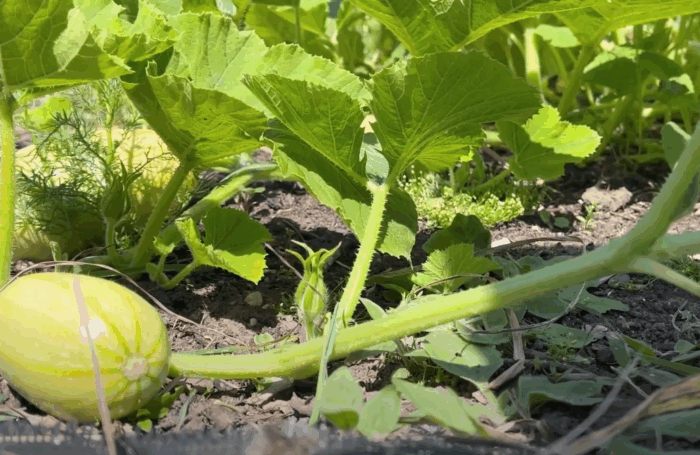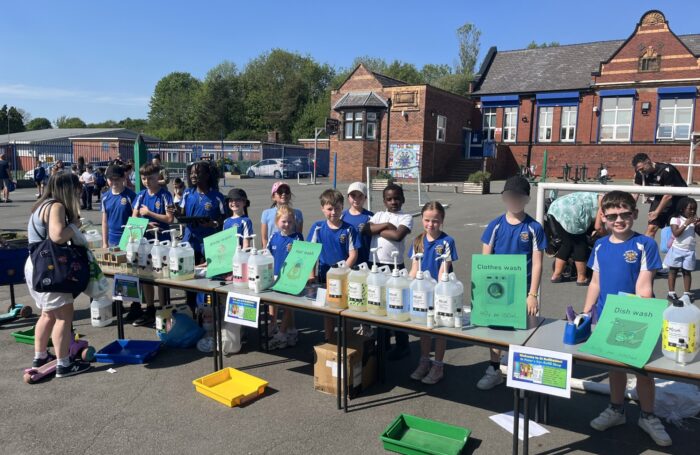Like the rest of the country, Greater Manchester faces closely linked climate and biodiversity emergencies, with the abundance and diversity of many of our key species now in long term decline. This means that our natural environment is becoming less resilient and less able to provide us with the benefits we often take for granted.
This has an impact on our defence against climate change and the extreme weather that we are already experiencing, as our natural environment helps reduce flood risk, reduce the impact of heatwaves in urban areas, and store carbon that would otherwise contribute to global warming. The Mayor of Greater Manchester, Andy Burnham, acknowledged this threat by declaring a biodiversity emergency across the city-region in March 2022.

Greater Manchester’s first State of Nature report published today (5 March 2024) has highlighted the scale of the problem, showing that:
- Once common species in our region are showing worrying declines, including a 24% decline in Hedgehog populations, 44% decline in Red Foxes and 64% decline in Rabbits.
- This is mirrored by declines in our farmland, woodland, moorland, and wetland birds, with a 32% drop in Tree Sparrow populations, 40% drop in Lesser Redpoll and 36% drop in Snipe.
- Our protected sites are valuable refuges for wildlife, but cover only 11% of Greater Manchester, are highly fragmented, and are not in as good a condition as they could and should be.
- 80% of our waterbodies have been heavily modified by human activity, with none of our rivers in good ecological condition.
- Our tree canopy covers 16% of Greater Manchester, but the management of existing woodlands and trees is under-resourced when compared to the creation of new woodlands and planting of new trees.
- 93% of residents consider it important or very important to live close to green space, but an estimated third of Greater Manchester’s population do not live within 15 minutes of a green space.
- Our peatlands have been degraded by human activity over two centuries and now emit an estimated 187,525 tonnes CO2-equivelent per year rather than locking more of it away.
- Our natural environment provides us with around £1bn of benefits each year – but these are under threat with the continuing decline in nature.

To set out a path to nature recovery across the city region, Greater Manchester Combined Authority is currently developing Greater Manchester’s first Local Nature Recovery Strategy. Working with stakeholders from across the city-region, this plan for nature will set out a blueprint for a more liveable Greater Manchester, capturing ambitions for nature recovery from people across the city-region alongside reflecting existing key priorities.
Councillor Tom Ross, Greater Manchester Lead for Green City-region, said: “It is abundantly clear that we need a robust plan to improve the natural environment. Greater Manchester’s first State of Nature report acknowledges that we all need to do more to support the recovery of nature as this will benefit everybody while growing our economy. This is a cause I have supported for a long time and it’s been positive to see how seriously this has been taken across Greater Manchester, especially since the Mayor declared a biodiversity emergency across our city-region in 2022.
“Everyone will have a role to play in helping nature recover, particularly those who manage land across the city-region. The recovery seen by species where action has already been taken is heartening, demonstrating what can be achieved when we come together for nature, so I look forward to seeing partners across Greater Manchester coming together behind our plan for nature as it develops.”
To help shape our plan for nature, GMCA would like to hear your views – tell us what you think should be the priorities for nature recovery by completing our survey: Get involved in Greater Manchester’s plan for nature – Greater Manchester Combined Authority – Citizen Space (gmconsult.org).
Responses will be used by the GMCA to help inform the list of actions for nature recovery in the plan, and help make decisions about which actions are most achievable across Greater Manchester.
Find out more about our plan for nature recovery
Greater Manchester is currently developing its Local Nature Recovery Strategy, which will set out a blueprint for a more liveable city-region, with fairer access to green space for all.
Find out more including ways to get involved on our nature recovery webpage.


